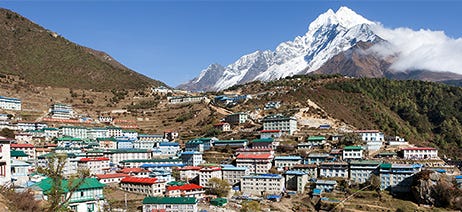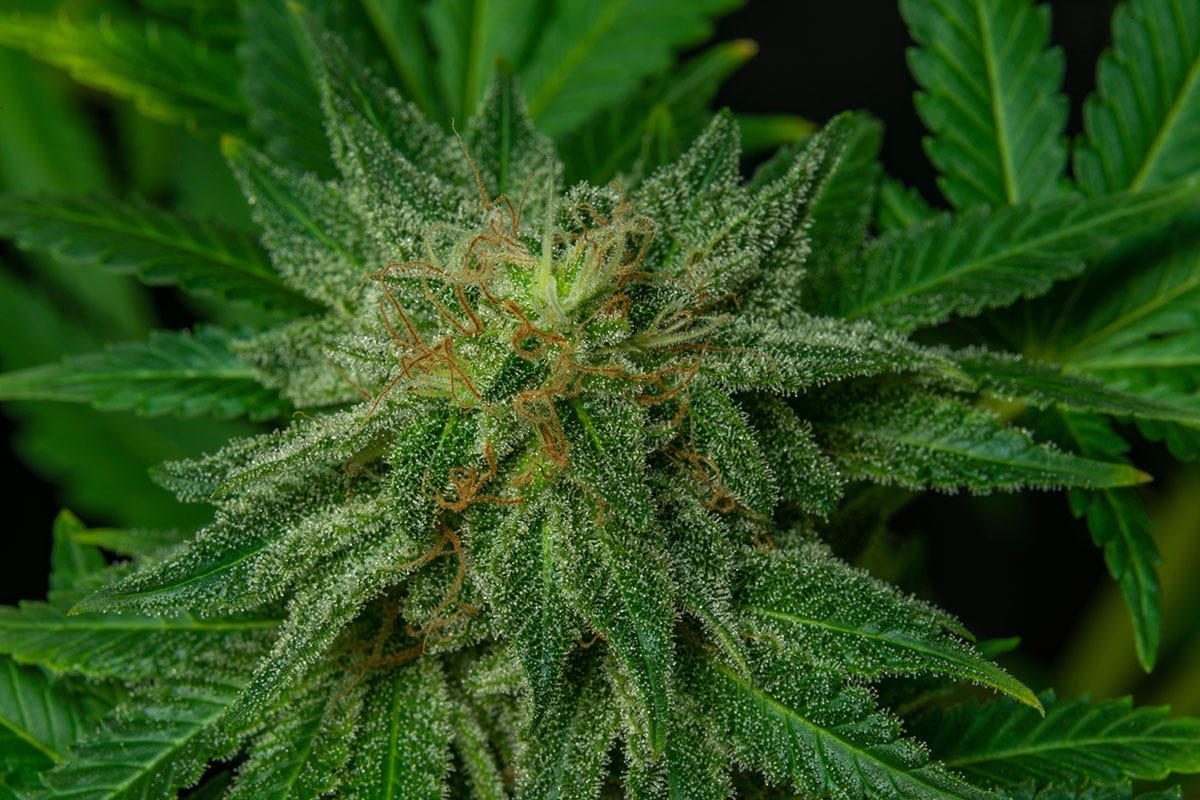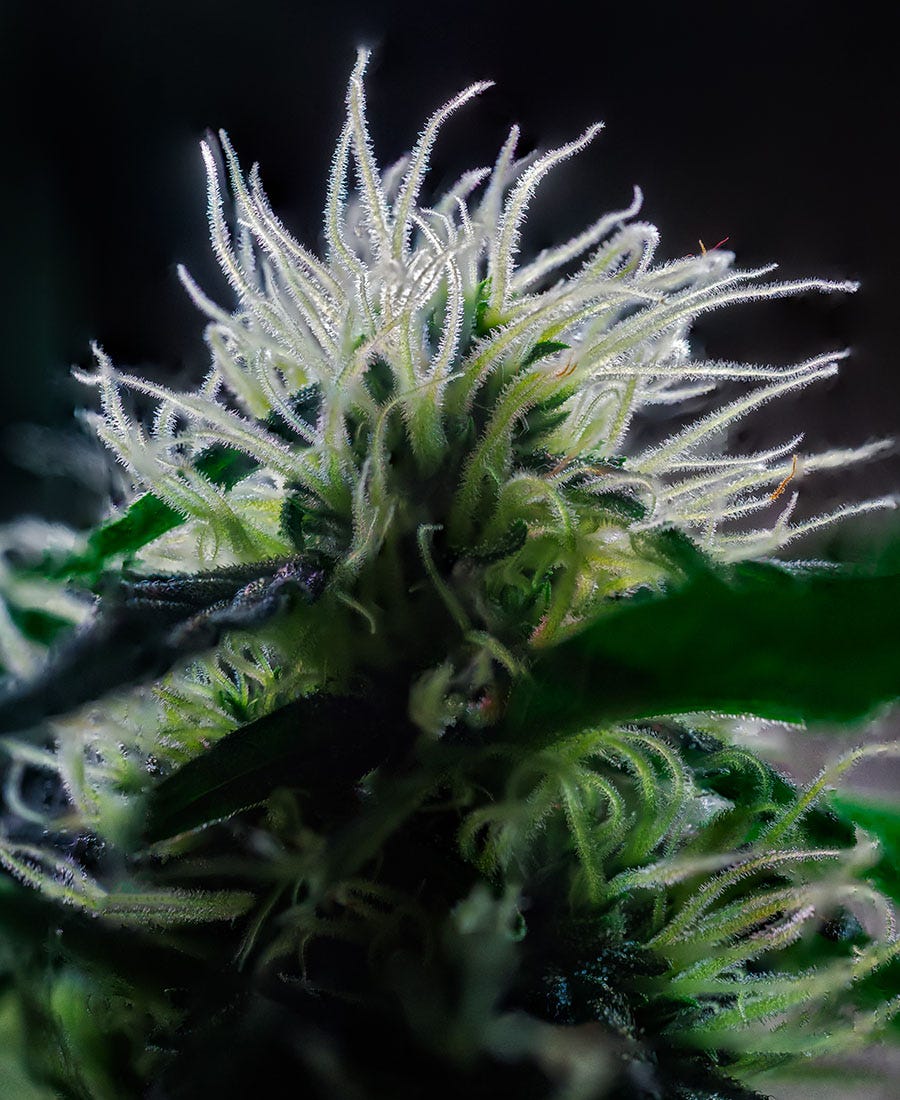
Central Asian Landrace Strains: Hindu Kush & Other Native Indicas
It’s believed that the Central Asian landrace strains are some of the earliest strains ever to be cultivated. But what makes them so special? And what strains should you look for if you want to experience a Central Asian landrace? In this guide, we’ll share all those answers, including:
- What Are Central Asian Landrace Strains?
- The History of Central Asian Landrace Strains
- Popular Types of Central Asian Landrace Strains
What Are Central Asian Landrace Strains?
Central Asian landrace strains are believed to be the most OG strains on the planet; that is, the strains from which all other strains originated. These 100% indica plants grow natively to central Asia, primarily in Pakistan and Afghanistan, thriving in the area’s temperate mountain climate. Cannabis flower from this region is known to have high resin content. It’s because of their abundance of resin that they are commonly used to craft hash and other concentrates. Central Asian landraces are also some of the most bred strains in the world, creating many of the hybrids you likely know and love.1


The History of Central Asian Landrace Strains
Central Asian landraces are believed to be the most OG strains on the planet; that is, the strains from which all other strains originated. Cannabis is even mentioned in religious histories of the Hindu people. They believe that Shiva’s favorite food was bhang, which contains cannabis. In Central Asia, cannabis has been used for religious rites and medicinal properties for thousands of years by the indigenous populations of the regions. From there, cannabis was spread to other parts of the world for other uses, including its psychoactive effects.2
Popular Types of Central Asian Landrace Strains
Here are some of the three most popular landrace strains to know:
Hindu Kush, aka Hindi Kush
Sativa
Harvested in the Himalayas, this pure indica Hindu Kush strain has survived countless years in a harsh climate. Perhaps it’s because of this that it has such a thick coating of protective trichomes that are prized by cannabis connoisseurs and hash makers. Hindu Kush has a sweet sandalwood flavor and aroma, and moderately high THC levels at about 19%.3
Afghan Kush
Sativa
This Afghani landrace strain hails from the same mountainous region as Hindu Kush, and it’s been a prime source for hash throughout the centuries. As much as cannabis consumers love Afghan Kush, growers love it too for its large buds and high yields. Afghan Kush is moderate in THC (15%) and has a woodsy flavor and aroma.4


Pakistani Kush, aka Pakistani Chitral Kush or PCK
This strain is unique for many reasons, but one of the biggest is that it’s a “selected landrace.” This means that it is carefully inbred to amplify some of its most unique characteristics. It’s named after a town in Pakistan called Chitral. There, its resin is cultivated to produce concentrates like hash. Cannabis connoisseurs love this strain for its caramel-meets-berry aroma and its THC levels (18%).5


Purchasing Central Asian Landrace Strains
Because of their popularity, Central Asian landrace strains tend to be more easy to find than other landraces. If you’re wondering if your favorite local dispensary carries any of these strains, be sure to check the product menu online or ask a budtender.
Sources:
1. “What Is a Landrace Marijuana Strain? (Explained),” Marijuana Break, May 14, 2024, https://marijuanabreak.com/cannabis/science/landrace-cannabis-strain/
2. “History of Cannabis,” The University of Sydney,
https://www.sydney.edu.au/lambert/medicinal-cannabis/history-of-cannabis.html
3. “Hindu Kush Marijuana Strain,” Allbud, https://www.allbud.com/marijuana-strains/indica/hindu-kush
4. “Afghan Kush,” Leafly, https://www.leafly.com/strains/afghan-kush
5. “Pakistani Chitral Kush,” Leafly, https://www.leafly.com/strains/pakistani-chitral-kush


